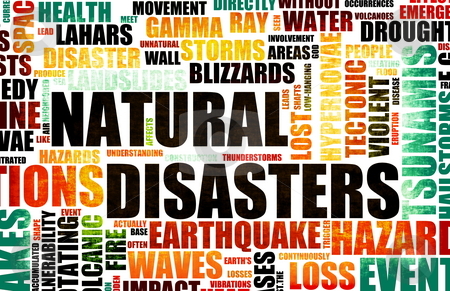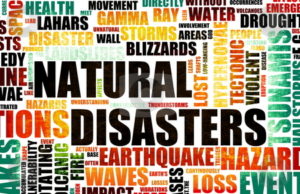
Disasters Don’t Plan Ahead. You Can!
September is National Preparedness Month
Poughkeepsie … The recent events of Hurricanes Harvey and Irma highlight the importance of being prepared. In September, the Dutchess County Departments of Behavioral & Community Health (DBCH) and Emergency Response recognize National Preparedness Month, an effort to strengthen citizen’s awareness and preparedness capabilities.
“We advocate for personal and community preparedness, focusing on how to prepare and engage your family, neighborhood and community,” said A. K. Vaidian, MD, MPH, DBCH Commissioner. “Our staff provides personal preparedness events throughout Dutchess County so residents can learn how to plan, prepare, and respond in the event of a disaster.”
Dr. Vaidian noted the upcoming Citizen’s Preparedness Training to be held on September 19th from 7 p.m. to 9 p.m. at the DBCH Training Room, located at 230 North Road in Poughkeepsie, with doors opening at 6:30 p.m. Another Citizen’s Preparedness Training session will be held on September 26th at 7 p.m. at American Legion Post 1949 in the Town of Dover. For more information, contact Mario Gonzales at (845) 486-3534 or email mgonzales@dutchessny.gov.
Having an emergency supply kit is an essential component for personal and family preparedness. Emergency kits should include necessary items to help sustain you and your family for up to three days in the event you are isolated in your home without power. At a minimum, your kit should include:
- Bottled water – one gallon per person/per day;
- Food – a three-day supply of non-perishable foods, including ready-to-eat canned meats, fruits, vegetables, juices, protein bars, cereal, peanut butter, dried fruits and nuts, crackers, etc.;
- Supplies – manual can opener, radio (battery-powered or hand crank), flashlights, extra batteries, cell phone with charging cords and back-up power supply, wrench, pliers, and other basic tools;
- Personal items, including prescription medications, personal hygiene items, change of clothes, sturdy shoes, blankets, and pillows;
- Cash and documents, including emergency phone contacts, insurance policies, bank account information, identification cards, and traveler’s checks;
- Miscellaneous: first-aid kit, waterproof matches/lighter, local area map; additional items to consider:
- For babies and children: diapers, wipes, formula, baby food, blanket and favorite stuffed animals, cards, books and non-electronic games;
- For those with special needs: adequate medications, favorite toys, familiar comfort objects;
- For pets: collar, leash, crate, bowls, food, plastic bags.
“Make a plan today and be prepared. It is important for each member of your family to understand your family’s plan if disaster strikes,” said Department of Emergency Response Commissioner Dana Smith. “You can be better prepared to assist your family in the event of an emergency by making a plan for what you will do at work, home or school; putting together an emergency kit containing the items previously mentioned; and by staying informed.”
Find out how to get the best information during an emergency and how your government will communicate with you during an emergency. In Dutchess County, you can stay informed of emergent events by subscribing the Dutchess County Emergency Management’s Facebook and Twitter pages, @DutchessOEM, as well as Dutchess County Government, @DutchessCoGov.

